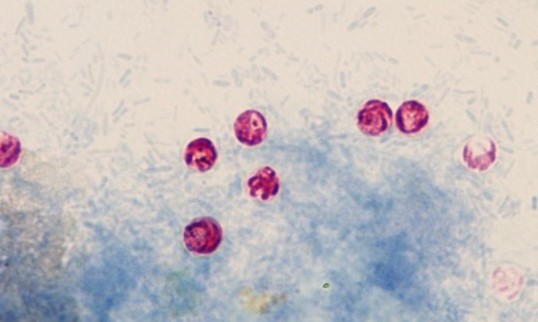Collections
Browse our collections – bringing together peer-reviewed content from across the Society’s publishing platform on a range of hot topics and subject areas.
-
-
What’s New in Cryptosporidium
More Less
In July 2022 the What’s New in Cryptosporidium meeting is being held in Swansea, UK, bringing together researchers across the breadth of Cryptosporidium research.
Cryptosporidium is a very common cause of gastroenteritis in the UK and one of the most important contributors to the burden of childhood diarrhoea morbidity and mortality globally. It is an organism of interest to those working in clinical, industrial, veterinary and agricultural settings and recent outbreaks have highlighted the lack of awareness of current guidance around Cryptosporidium. This one-and-a-half-day meeting will bring these strands together and feature a varied programme of renowned invited speakers and offered paper presenters, showcasing the latest research.
Following the meeting, attendees are invited to submit their research to this collection – guest edited by Angharad Davies.This collection will cover original research, insight reviews on topics such as the clinical impact of Cryptosporidium, a meeting report and position papers.
If you are an early career researcher, and would like to gain editorial experience – we are also happy to discuss ECM editorial roles, to observe the handling process, provide peer review reports and handle papers themselves – please contact Dalia Nikadon at [email protected].
Image credit: Guy Robinson, Public Health Wales
-
-
-
New antibiotics needed: WHO priority pathogens of concern
More Less
In 2017, the World Health Organisation published a list of antibiotic-resistant bacteria that pose the greatest threat to human health. This publication was compiled to help guide and promote research and the development of new antibiotics, and lists 12 families in order of research priority. In an effort to help raise the profile of these important pathogens, Microbial Genomics has commissioned a series of mini reviews on the bacteria included in this list.
Articles will be published as they become available over the course of the next year and will be put into a special collection named ‘WHO’s 12’. For enquiries please contact [email protected].
-


